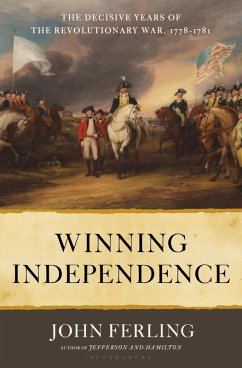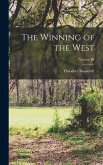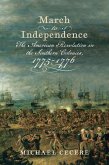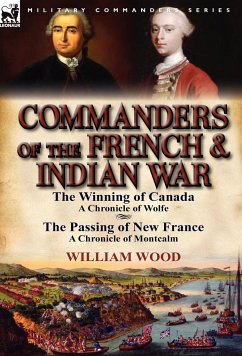Co-Winner of the 2022 Harry M. Ward Book Prize From celebrated historian John Ferling, the underexplored history of the second half of the Revolutionary War, when, after years of fighting, American independence often seemed beyond reach. It was 1778, and the recent American victory at Saratoga had netted the U.S a powerful ally in France. Many, including General George Washington, presumed France's entrance into the war meant independence was just around the corner. Meanwhile, having lost an entire army at Saratoga, Great Britain pivoted to a "southern strategy." The army would henceforth seek to regain its southern colonies, Virginia, North Carolina, South Carolina, and Georgia, a highly profitable segment of its pre-war American empire. Deep into 1780 Britain's new approach seemed headed for success as the U.S. economy collapsed and morale on the home front waned. By early 1781, Washington, and others, feared that France would drop out of the war if the Allies failed to score a decisive victory that year. Sir Henry Clinton, commander of Britain's army, thought "the rebellion is near its end." Washington, who had been so optimistic in 1778, despaired: "I have almost ceased to hope." Winning Independence is the dramatic story of how and why Great Britain-so close to regaining several southern colonies and rendering the postwar United States a fatally weak nation ultimately failed to win the war. The book explores the choices and decisions made by Clinton and Washington, and others, that ultimately led the French and American allies to clinch the pivotal victory at Yorktown that at long last secured American independence.
Hinweis: Dieser Artikel kann nur an eine deutsche Lieferadresse ausgeliefert werden.
Hinweis: Dieser Artikel kann nur an eine deutsche Lieferadresse ausgeliefert werden.








